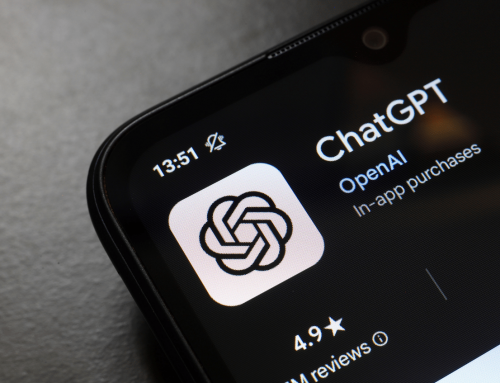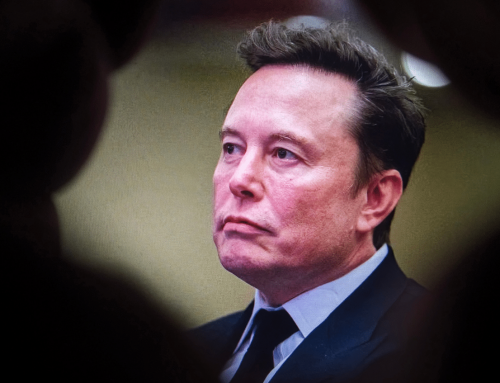Apple is once again being targeted by the EU. The tech giant has to adjust its rules for app developers due to allegations of competition violations. But instead of giving in, Apple is opting for a different strategy: new fees. This is causing unrest in the developer community and raises the question of whether Apple is really prepared to allow fair competition.
EU demands more freedom - Apple responds with new fees
In June, the EU Commission accused Apple of violating the Digital Markets Act (DMA). The reason: Apple's strict rules that prohibited developers from advertising external purchase options in their apps. This practice significantly restricted competition as it forced developers to process all transactions via Apple's own system - and at high fees.
To counter these accusations, Apple has now announced changes. In future, developers will be allowed to point out alternative purchase options in their iOS apps and name prices for subscriptions taken out on external platforms. The warnings that are displayed to users when they click on such links are also to be toned down. At first glance, these changes could be seen as progress, but Apple's next step is causing outrage.
New fees further burden developers
Apple wouldn't be Apple if it didn't find a way to continue earning a lot of money despite the new freedoms for developers. The company is planning to introduce so-called "initial acquisition fees" and "store service fees". These fees are due when users purchase digital goods or services outside of the app - in other words, exactly what the EU actually wants to enable.
Depending on the size and model, developers must pay between 10 and 25 percent of their revenue to Apple. These fees apply within the EU for a period of 12 months after such an external purchase. Although Apple's commission is therefore slightly lower than the previous 30 percent, the financial pressure on developers remains high.
Another controversial point is the "Core Technology Fee", a fee that Apple charges for the use of its basic technologies. This fee is also currently being investigated by the EU Commission and could also require adjustments in the future.
Competition or monopoly? The future remains uncertain
The EU wants to promote competition and limit Apple's market power, but the new fees show that the company will not give up its position so easily. Despite the concessions, Apple's commission remains almost as high as before, which continues to put many developers in a difficult position.
The battle for fair conditions is therefore far from over. It remains to be seen whether the new fee models will ultimately be considered appropriate by the EU. However, it is clear that Apple already generates more revenue with its services, particularly commissions from the app business, than with the sale of its hardware products. With a significantly higher margin on services, the company has little incentive to give up its lucrative sources of income.
For developers, this means that despite the new freedoms, they will still have to expect high costs if they offer their apps via Apple's platform. Whether the EU can prevail here and force Apple to make further concessions remains to be seen in the coming months. In any case, the pressure on the tech giant remains high and the haggling over fees is sure to continue for a long time to come.







